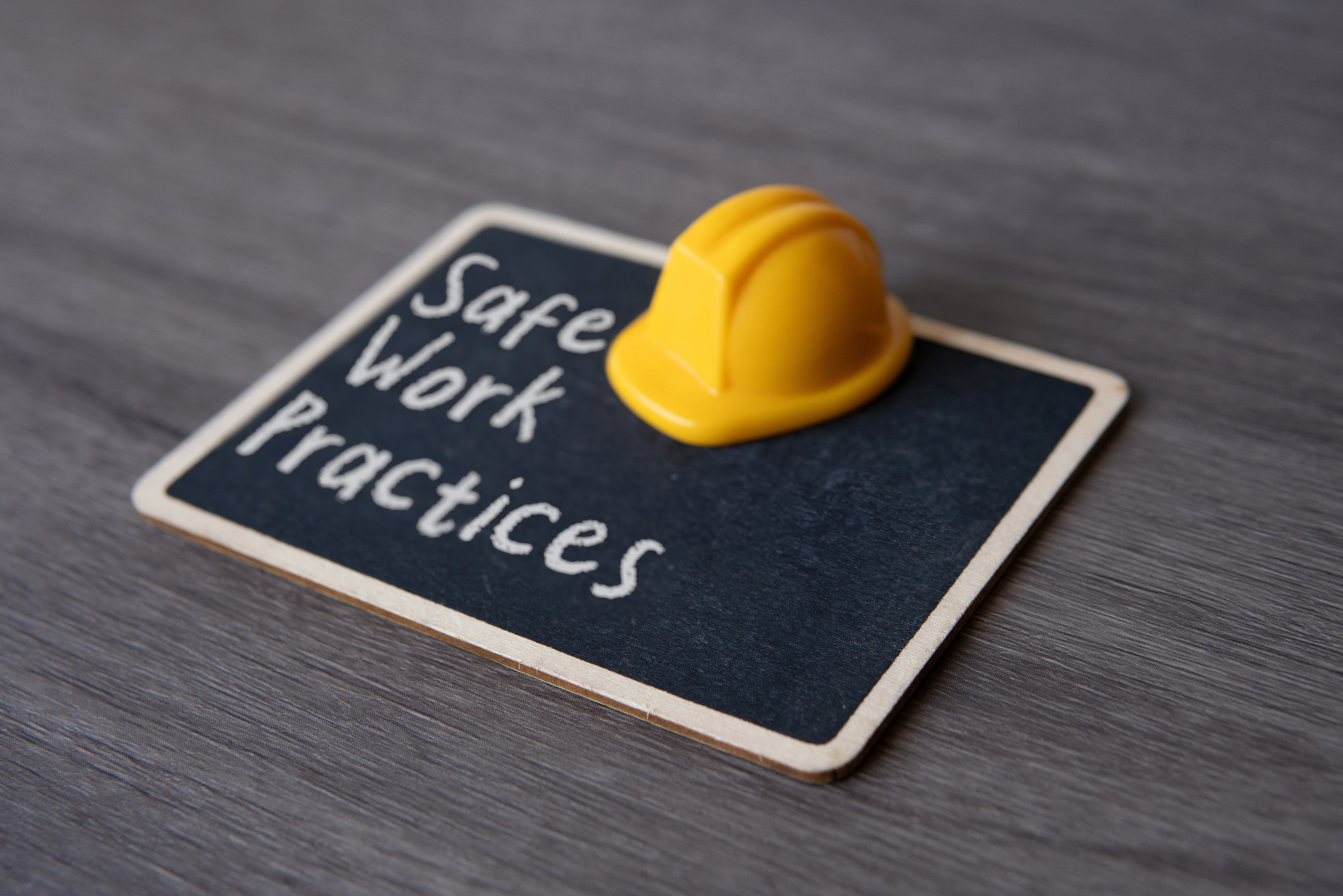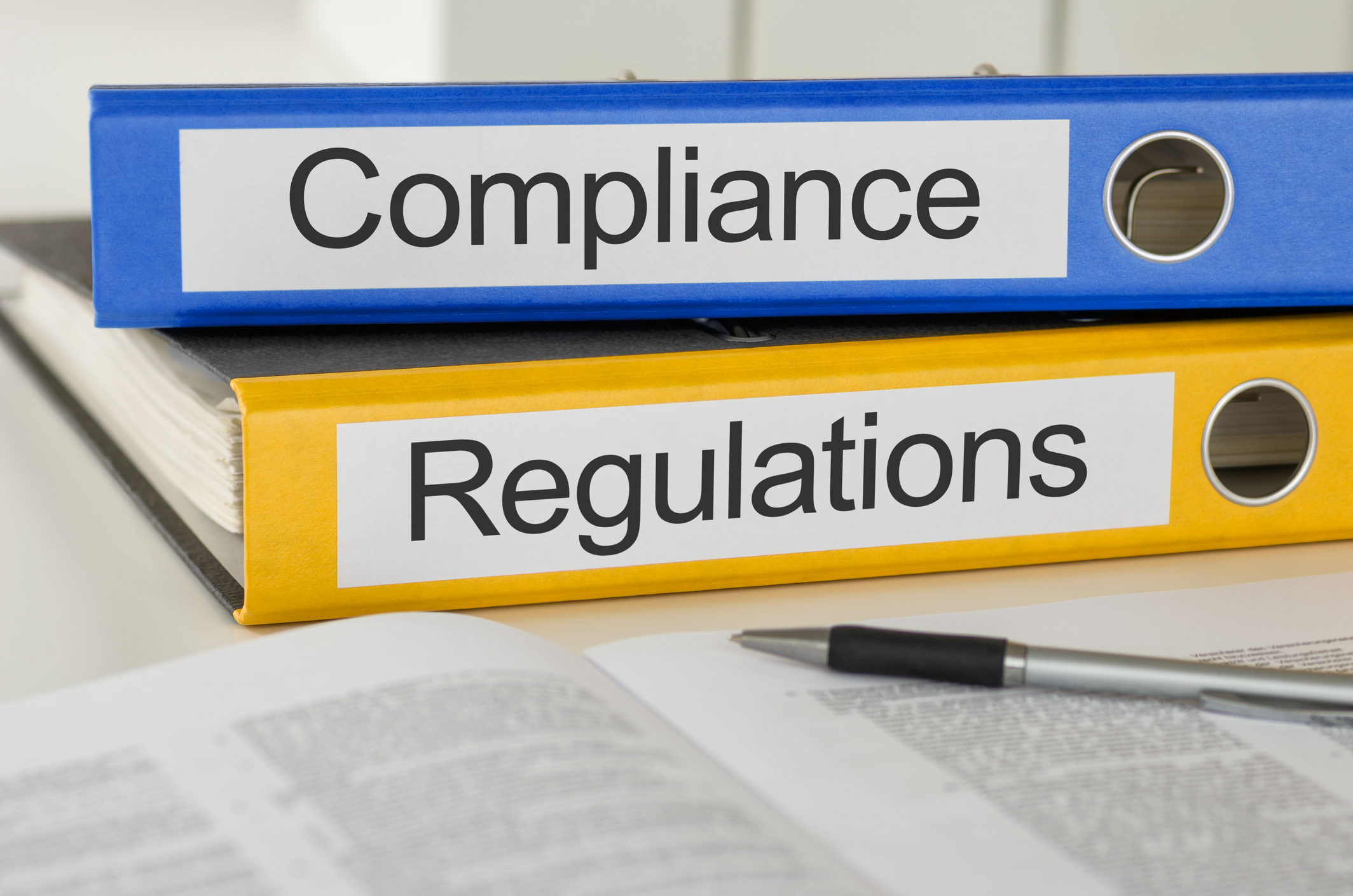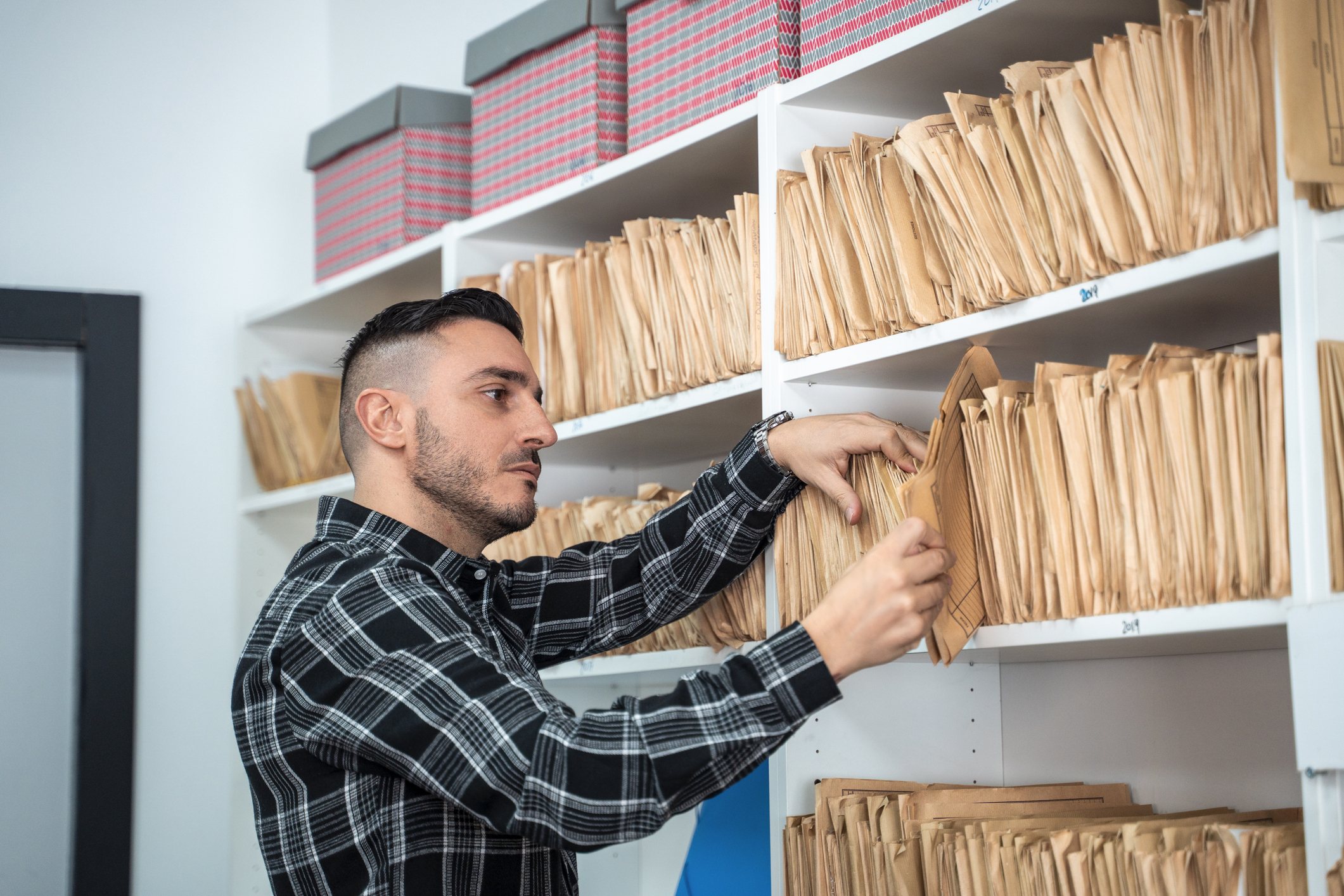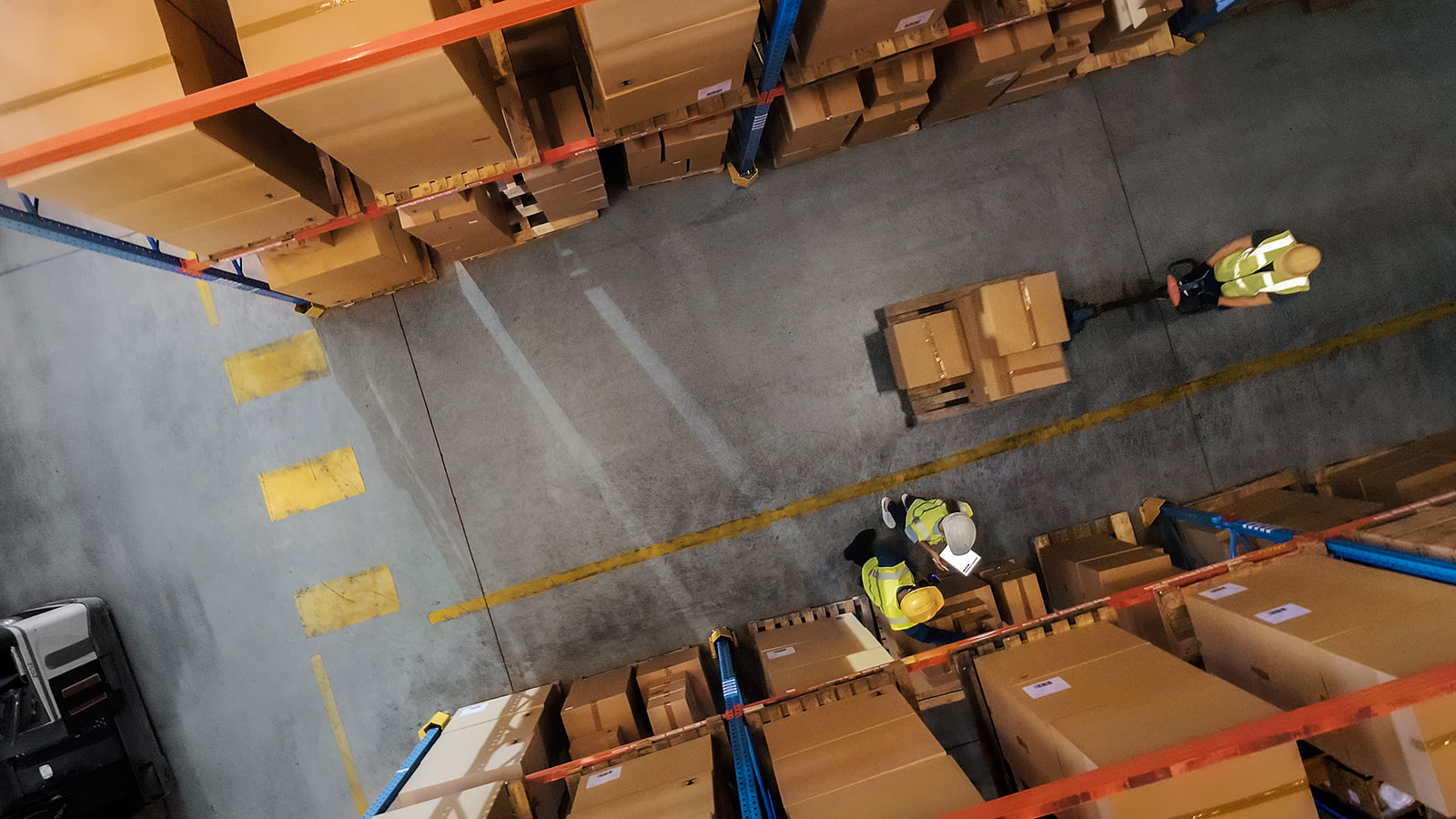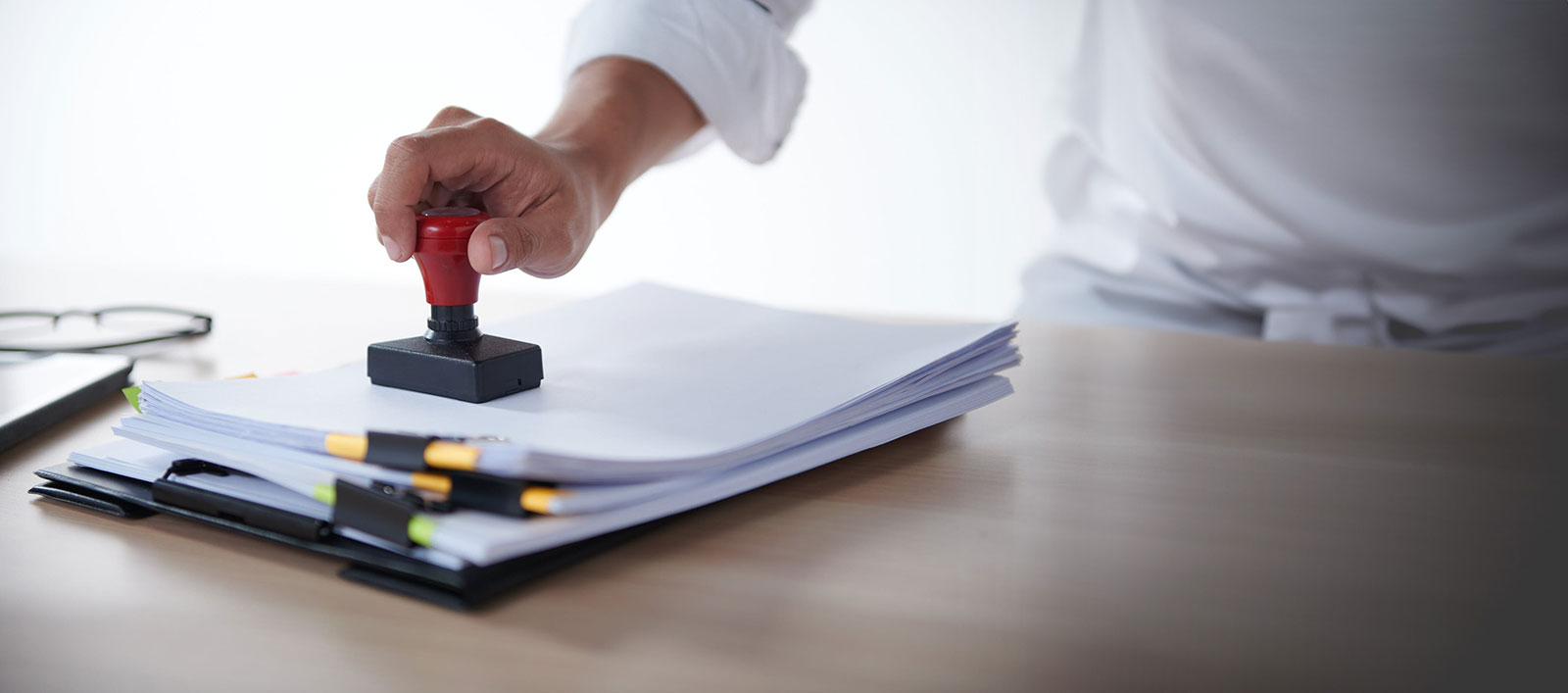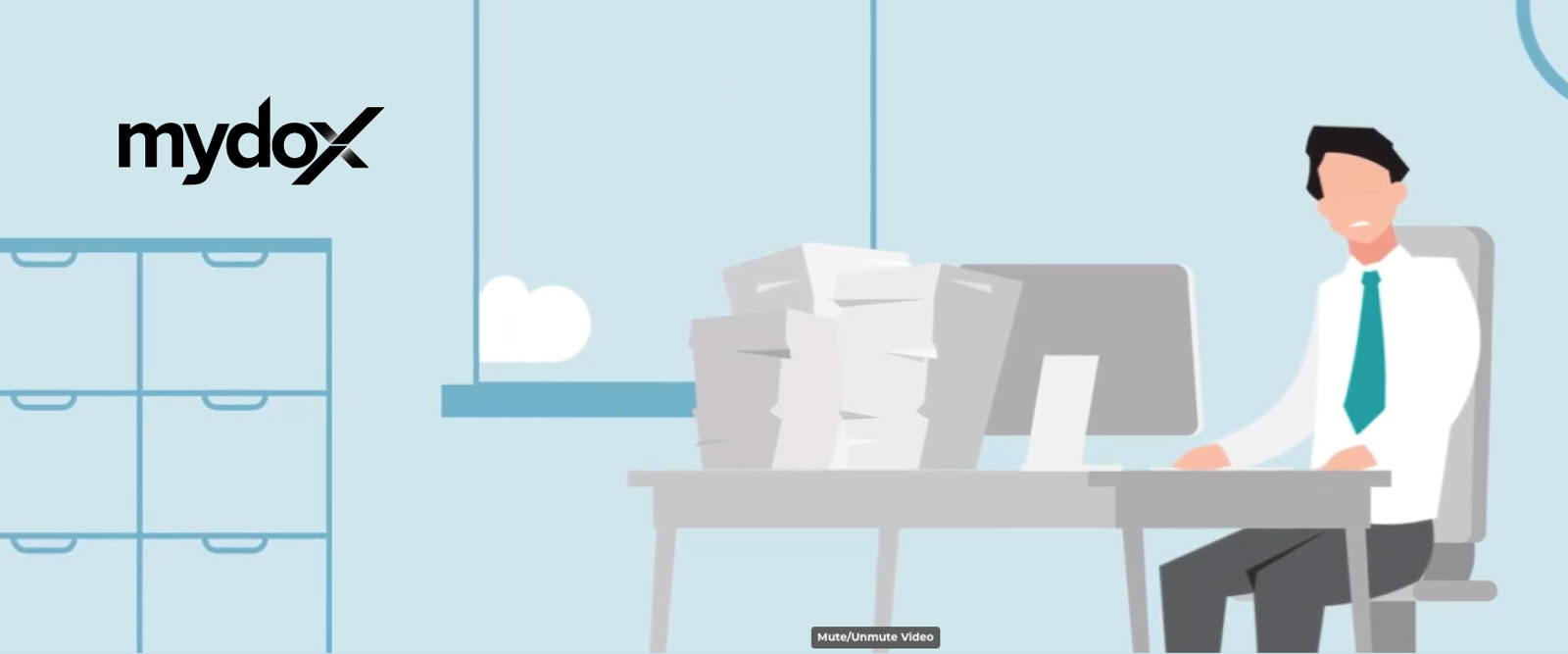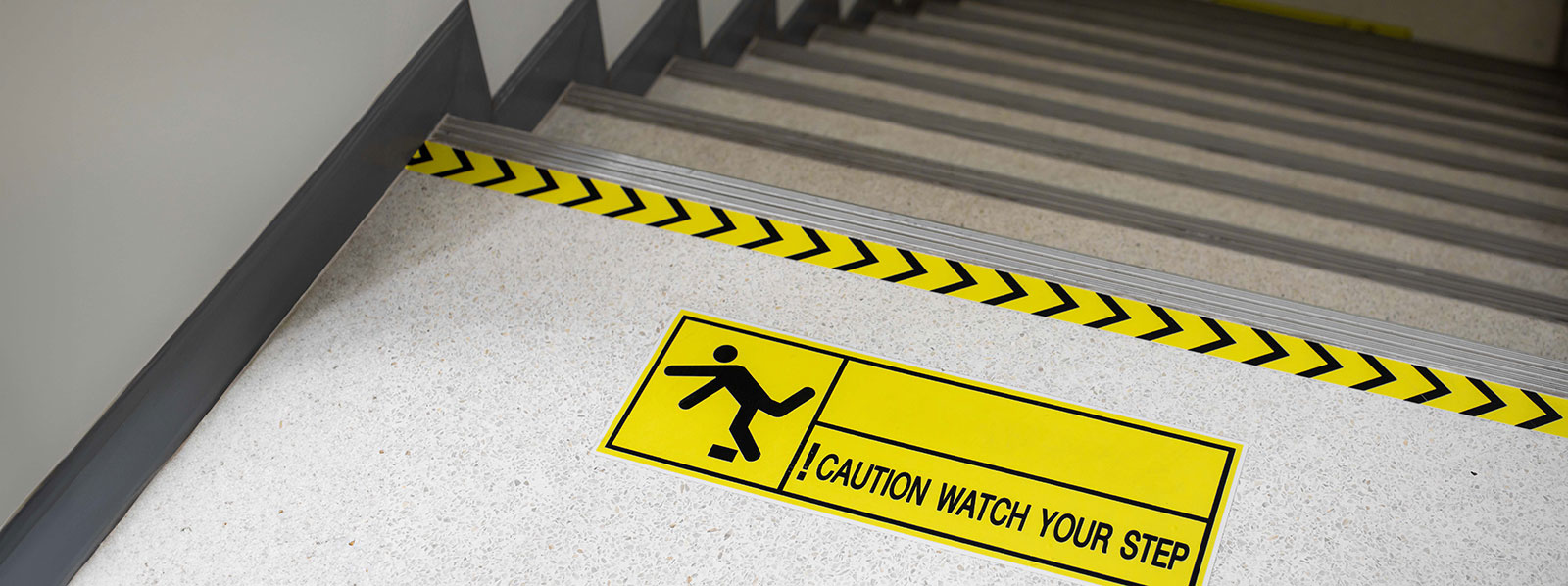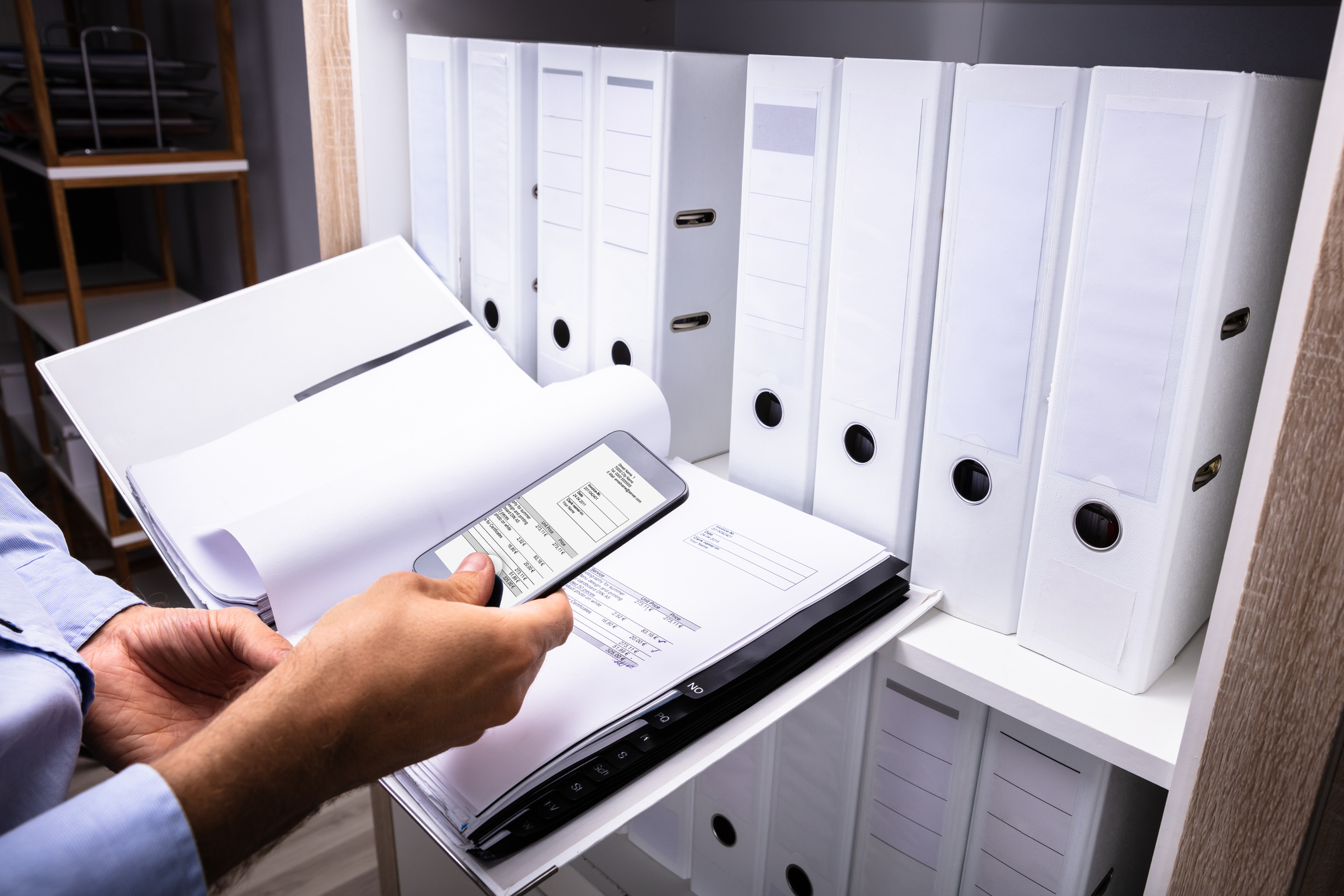
When you think of record-keeping, does it seem like a hassle? In reality, it’s a game-changer for your business – essential for compliance, safety, and smooth operations. Here’s why getting it right is more important than you might think.
The Key Reasons Why Record-Keeping Matters
- Legal Compliance
In Australia, workplace safety laws (like the Work Health and Safety Act) require businesses to keep specific records. Failure to do so could result in fines or penalties, especially if you’re ever audited.
- Accountability and Transparency
Well-organised records show exactly what’s been done, when, and by whom. Whether it’s training logs, safety inspections, or incident reports, records provide transparency—an essential aspect of accountability.
- Risk Management
Effective record-keeping helps identify trends and risks. For example, tracking training logs might reveal skill gaps that could lead to accidents, while monitoring equipment maintenance records helps predict failures before they happen.
- Operational Efficiency
Having organised records at your fingertips makes decision-making faster and smoother. Whether you’re preparing for an audit or responding to an incident, having accurate, up-to-date information on hand is a huge time-saver. - Worker Safety
When you keep track of things like employee training, equipment maintenance, and safety protocols, your proactively protecting your workforce. Accurate records mean fewer accidents and a safer work environment
Key Records You Need to Keep
Here’s a snapshot of the most important registers and records businesses should maintain:
- Training Logs: Record all employee training sessions—induction, safety, skills development—to ensure your team is always up to date.
- Asset Management: Track your machinery, vehicles, and equipment maintenance to ensure everything is in good working order and compliant with safety standards.
- Hazardous Chemicals Register: If you handle chemicals, keeping an up-to-date register (with safety data sheets) is legally required and essential for emergency preparedness.
- Incident Reports: Every workplace incident should be documented thoroughly detailing the cause, corrective actions, and preventive measures to ensure it doesn’t happen again.
How We Can Help
At Risk Management Essentials, we specialise in helping businesses set up and maintain simple, effective record-keeping systems. From training logs to asset management, we can help you create a system that ensures legal compliance and improves workplace safety. Ready to take your record-keeping to the next level?
Contact us today to see how we can streamline your processes and keep your business running smoothly.
Download a free support services document.

It includes available support services and resources for employees, such as counselling services, and peer support networks to access when needed.
Just fill out the form and we will email it to you.







